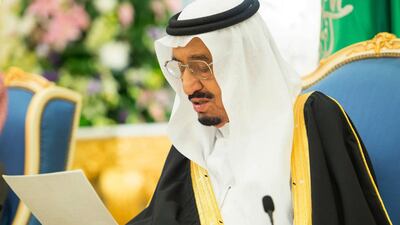Predicting the intent and actions of the Houthi fighters is a dangerous and usually futile game. Since the Houthis’ emergence from their stronghold in north-west Yemen, they have seized the capital Sanaa and now, the country’s third largest city, Taez. The group seems poised to attack the southern capital Aden, where the president, Abdrabu Mansur Hadi, has set up his administration.
There are strong reasons for believing that the Houthis will not launch an assault on Aden. Such an act would intensify calls from the international community for intervention, which is something that the backers of the Houthi rebels – in particular, Iran and the former president Ali Abdullah Saleh – don’t want. More probably, the group will simply seek to use the threat of an assault to force concessions from Mr Hadi. But, as always with the Houthis, it is impossible to rule out anything.
Within Yemen, there are many who believe that an assault is imminent. Yemen’s foreign minister Riad Yassin has asked the United Nations to impose a no-fly zone over the south and has asked the Gulf states to intervene militarily to prevent the Houthis seizing the rest of the country. In Riyadh, foreign minister Prince Saud Al Faisal said it would consider military aid. But a forceful intervention seems unlikely, at least right now.
Where then, does this leave Yemen and the rest of the GCC? The question can only be answered by first asking how we got to this point. The situation should not have been allowed to escalate to this crisis. Of all the GCC countries, Saudi has the most experience of the Houthi militants. Riyadh has fought a long-running insurgency on its borders and in 2010, used fighter jets to push back the Houthi rebels. Such a forceful response may well be needed again.
It is clear that urgent action is needed to halt the Houthis’ advance and stop Iran from gaining a foothold on the Bab Al Mandeb, the strategic strait between the Arabian Peninsula and the Horn of Africa. Military aid is unlikely to be sufficient. It can be tried, of course, but the GCC must be ready for further options. The Houthis have a clear objective and threats of force will be insufficient to dissuade them from the course they’re pursuing.

